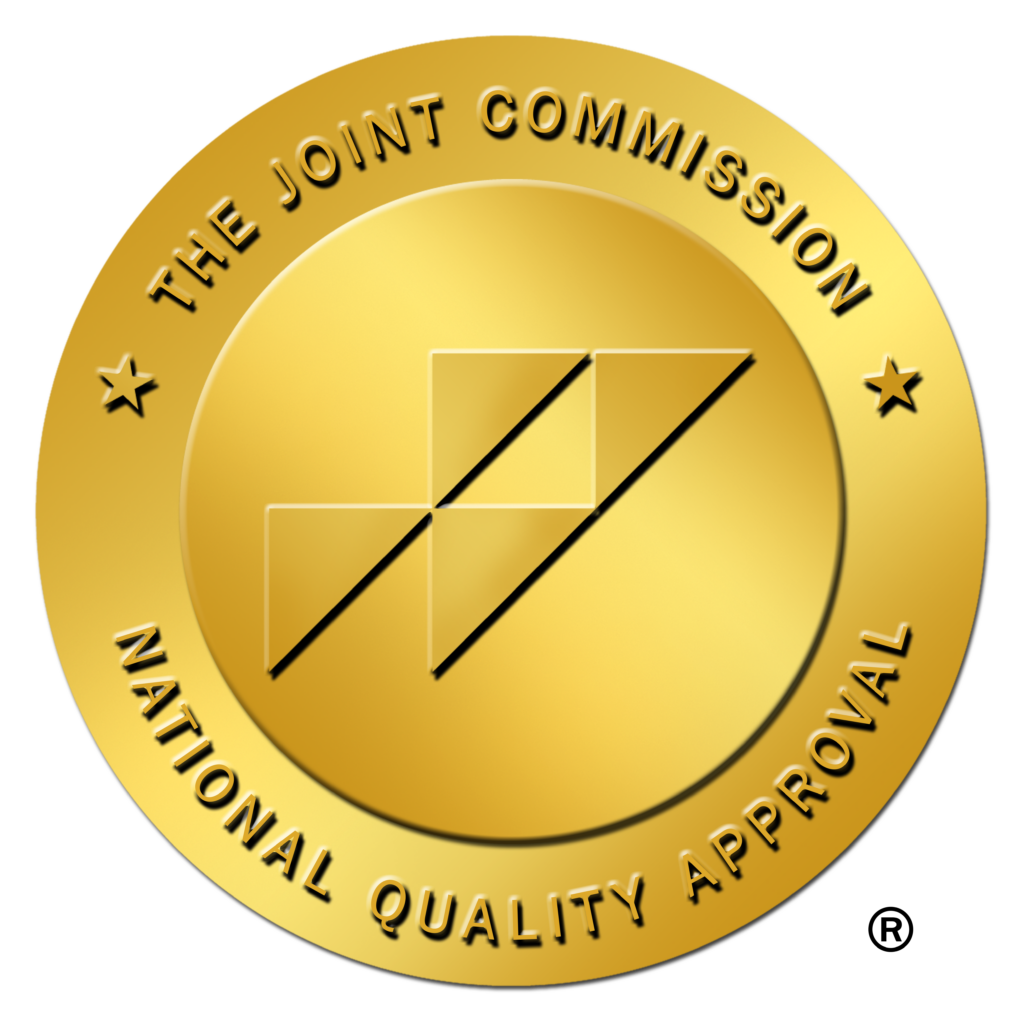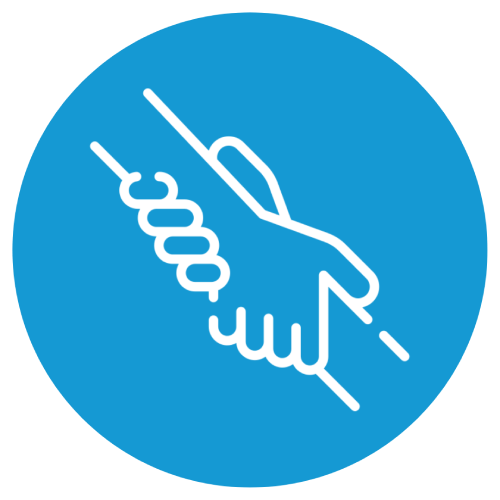

Patients
Caregivers
Partners
Associations & Affiliations


The Joint Commission

Who We Are
MAT Texas is staffed by licensed nurses, therapists, and board-certified physicians who work as a team in supervised assessment and treatment, using methadone, buprenorphine, or naltrexone, of individuals who have opioid use disorders. Our treatment programs cover a range of substances, including opioids and prescription drugs such as Oxycontin, Oxycodone, Fentanyl, Heroin, and alcohol.
Who We Serve
Individuals struggling with substance abuse and opioid addiction can receive treatment through FDA-approved medications such as methadone and Suboxone® (Buprenorphine), counseling, and behavioral therapy. These medications effectively ease withdrawal symptoms and reduce cravings, enabling patients to focus on positively changing their behavior. This comprehensive approach to opioid addiction treatment in Dallas, TX, has proven successful in helping patients recover.
MAT Texas is a preferred partner of providers and caregivers whose patients are ready to do more than just get well enough to leave the hospital. We offer a long-term wellness plan that assists providers and caregivers in helping patients and loved ones reach their recovery goals.

Helping You Achieve Your Milestones
Never a
Waiting List
We are
Your Biggest Fan

We are
Experts


Medications We Use
Start Your
Recovery Journey Today
Methadone is a medication approved by the Food and Drug Administration (FDA) to treat opioid use disorder (OUD) as a medication-assisted treatment (MAT), as well as for pain management. Methadone helps individuals achieve and sustain recovery from substance use disorder and reclaim active and meaningful lives. When taken as prescribed, methadone is safe and effective. Methadone, a long-acting opioid agonist, reduces opioid craving and withdrawal and blunts or blocks the effects of opioids. Methadone, taken daily, is available in liquid, powder, and diskette forms.
Naloxone is a medication approved by the Food and Drug Administration (FDA) designed to rapidly reverse opioid overdose. It is an opioid antagonist—meaning that it binds to opioid receptors and can reverse and block the effects of other opioids, such as heroin, morphine, and oxycodone. Administered when a patient is showing signs of opioid overdose, naloxone is a temporary treatment and its effects do not last long. Therefore, it is critical to obtain medical intervention as soon as possible after administering/receiving naloxone.
Recovery Doesn't
Have to Be Painful


Our commitment goes beyond our office.
Lorem Ipsum is simply dummy text of the printing and typesetting industry. Lorem Ipsum has been he industry’s standard dummy text ever since the 1500s, when an unknown printer took a galley of type and scrambled it to make a type specimen book.



